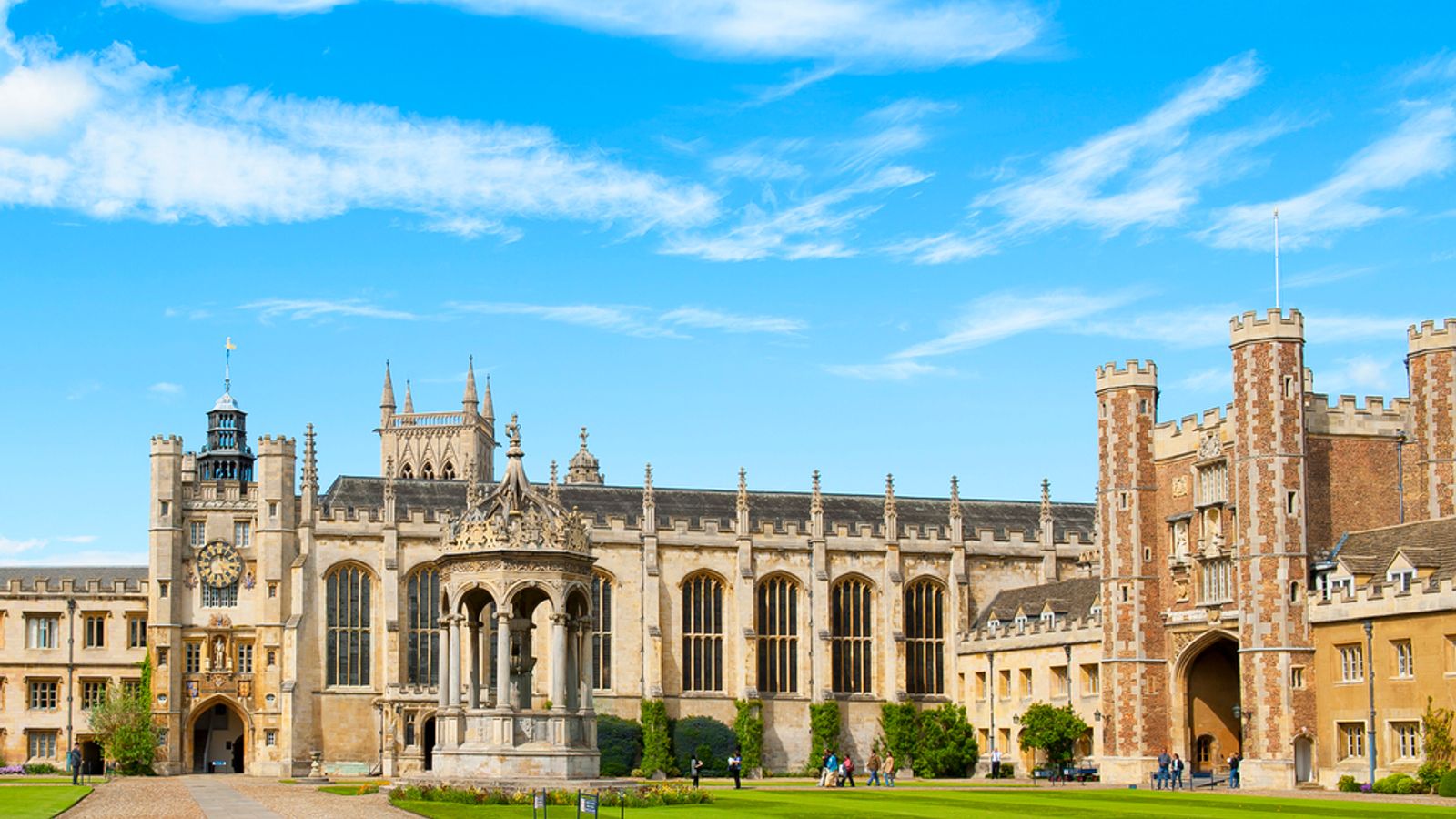World
Graduate visa route should remain, report finds, after home secretary raised immigration concerns

The graduate visa route should remain as it is key to funding British universities and is “not undermining the quality and integrity” of higher education, a new report has said.
The Migration Advisory Committee (MAC) looked at whether the visa was being abused and if it was not being “driven more by a desire for immigration” after Home Secretary James Cleverly requested an emergency review in March.
A graduate visa permits overseas students to stay in the UK for up to three years after completing a university course in the UK. Partners and children can also apply as dependents.
Former immigration minister Robert Jenrick published a report last week calling for the graduate visa to be abolished, claiming it “allowed people to come and work in the gig economy and on very low wages”.
University and industry leaders had voiced fears that the route, introduced in 2021, could be axed or curtailed if the report had been negative, with universities reporting a steep drop in international students applying over fears of restrictions being introduced.
But the committee, made up of five university professors and a Home Office representative, said they found “no evidence of widespread abuse” of the graduate route.
“The risks of abuse are relatively low due to the limited number of conditions the route imposes,” the report said.
It also found the visa route is helping universities to expand the range of courses offered while making up for financial losses from domestic students and research, and is “supporting the government’s international educational strategy”.
The report said 114,000 graduate route visas were granted for applicants in 2023, with a further 30,000 for dependents.
It said students from India, Nigeria, China and Pakistan account for 70% of all graduate visas, with India accounting for more than 40%.
MAC chair and leading labour economist Professor Brian Bell, the head of economics at King’s College London, said: “Our review recommends the graduate route should remain as it is, and is not undermining the quality and integrity of the UK’s higher education system.
“The graduate route is a key part of the offer that we make to international students to come and study in the UK.
“The fees that these students pay help universities to cover the losses they make in teaching British students and doing research.
“Without those students, many universities would need to shrink and less research would be done.
“This highlights the complex interaction between immigration policy and higher education policy.”
A government spokesman said: “We are committed to attracting the best and brightest to study at our world-class universities, whilst preventing abuse of our immigration system, which is why the home secretary commissioned an independent review of the graduate route.
“We have already taken decisive action to address unsustainable levels of migration and our plans are working, with a 24% drop in visa applications across key routes in the first three months of this year, compared with the same period last year.
“We are considering the review’s findings very closely and we will respond fully in due course.”
Reacting to the report, Mr Jenrick said the graduate route “should be scrapped” and the UK needs to “urgently unwind the sector’s growing dependency on foreign students” as he called the route a “backdoor for foreign students to do low-wage work…that isn’t attracting top talent”.
He said the review’s conclusions were “constrained by the narrow terms of reference deliberately set by the government” to back up their International Education Strategy that includes the “arbitrary target” of attracting 600,000 foreign students a year.
“If you order white paint, you get a whitewash,” he said.
The report found most people on the graduate route had completed postgraduate courses, with the highest growth in the visa from non-Russell Group universities’ postgraduate courses – accounting for 66% of all graduate visas.
Since 2021, the proportion of main applicants aged over 25 has increased by 15 percentage points to 54% in 2023.
It also found graduate visa holders are initially overrepresented in lower-paid work but their job prospects and wages improve over time.
Among the first cohort of graduate visa holders, about half moved to skilled worker visas, primarily into skilled roles.











